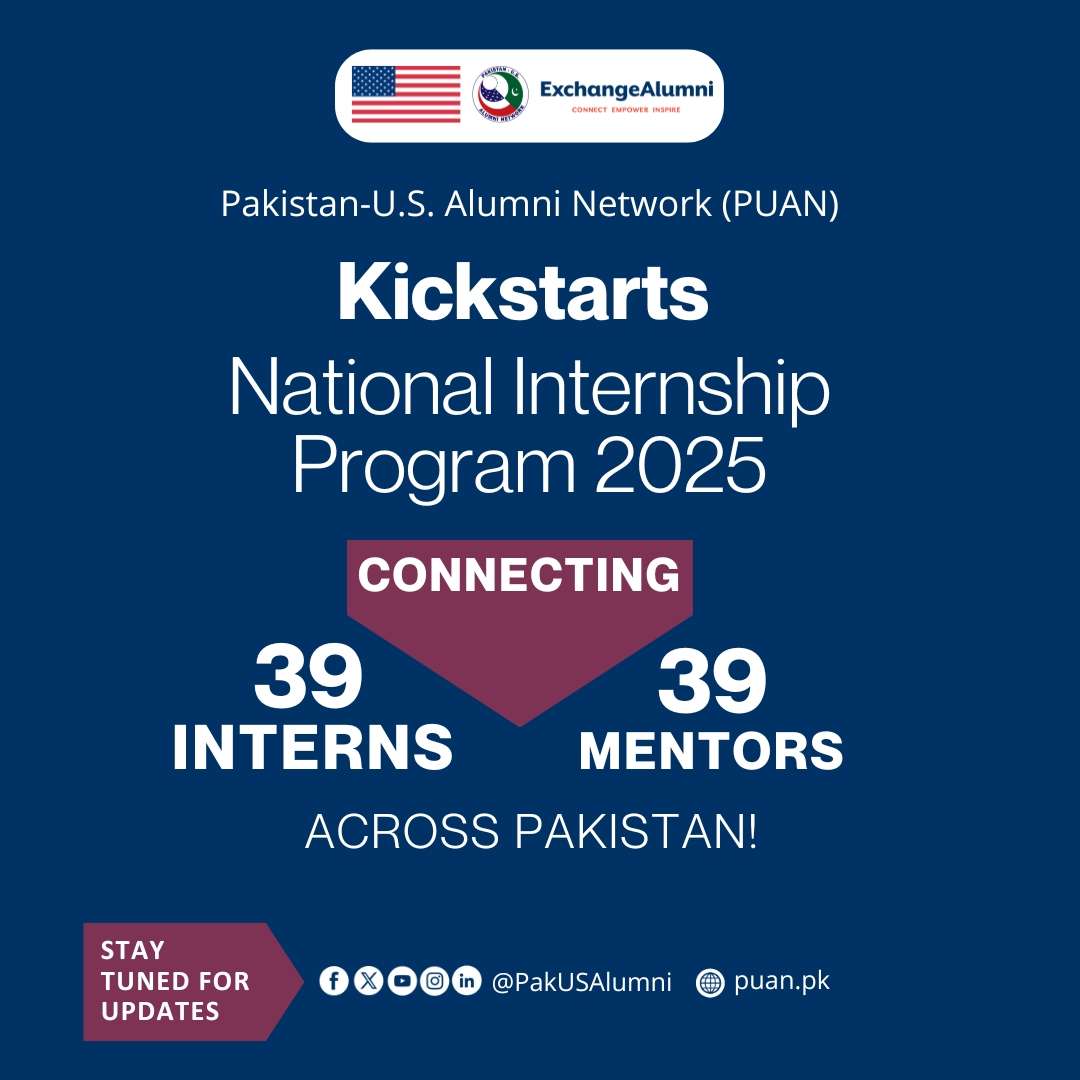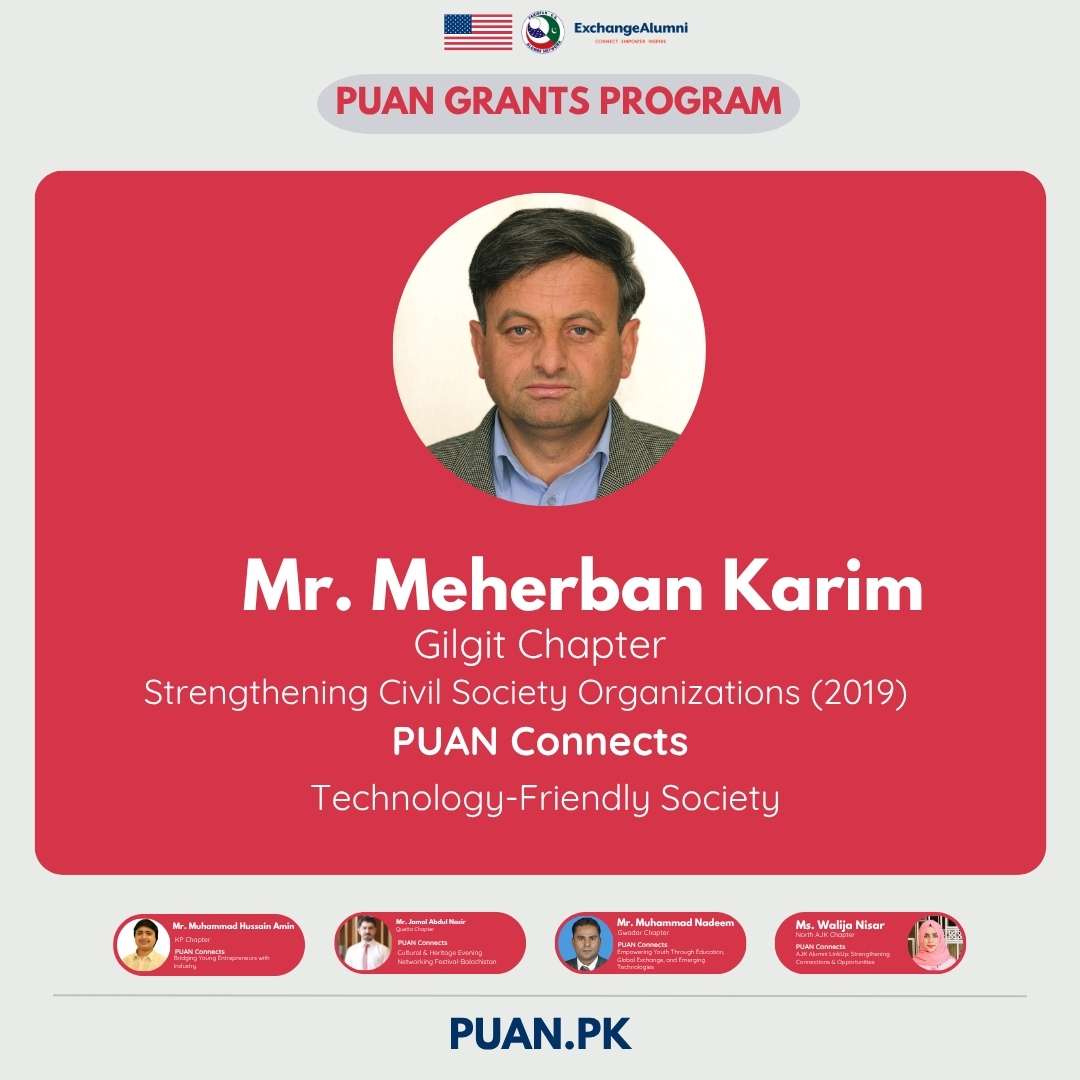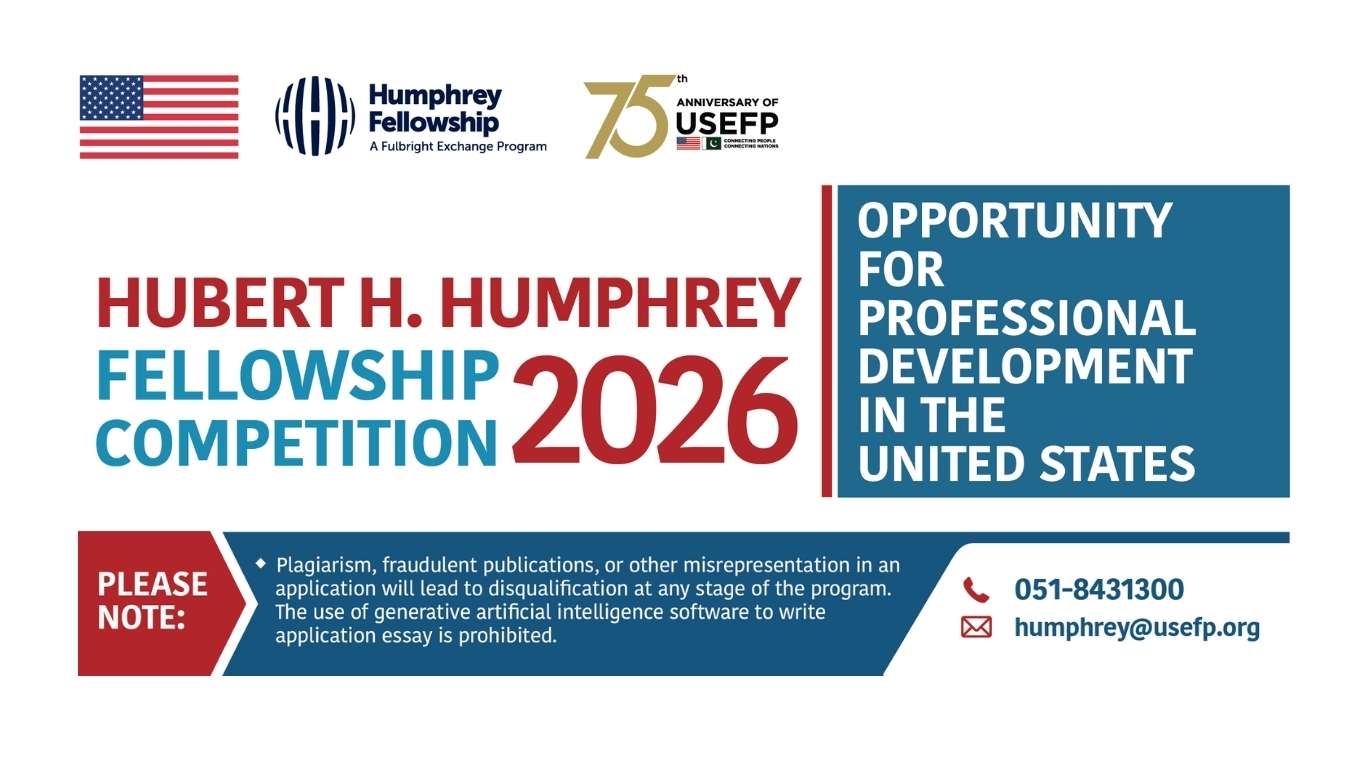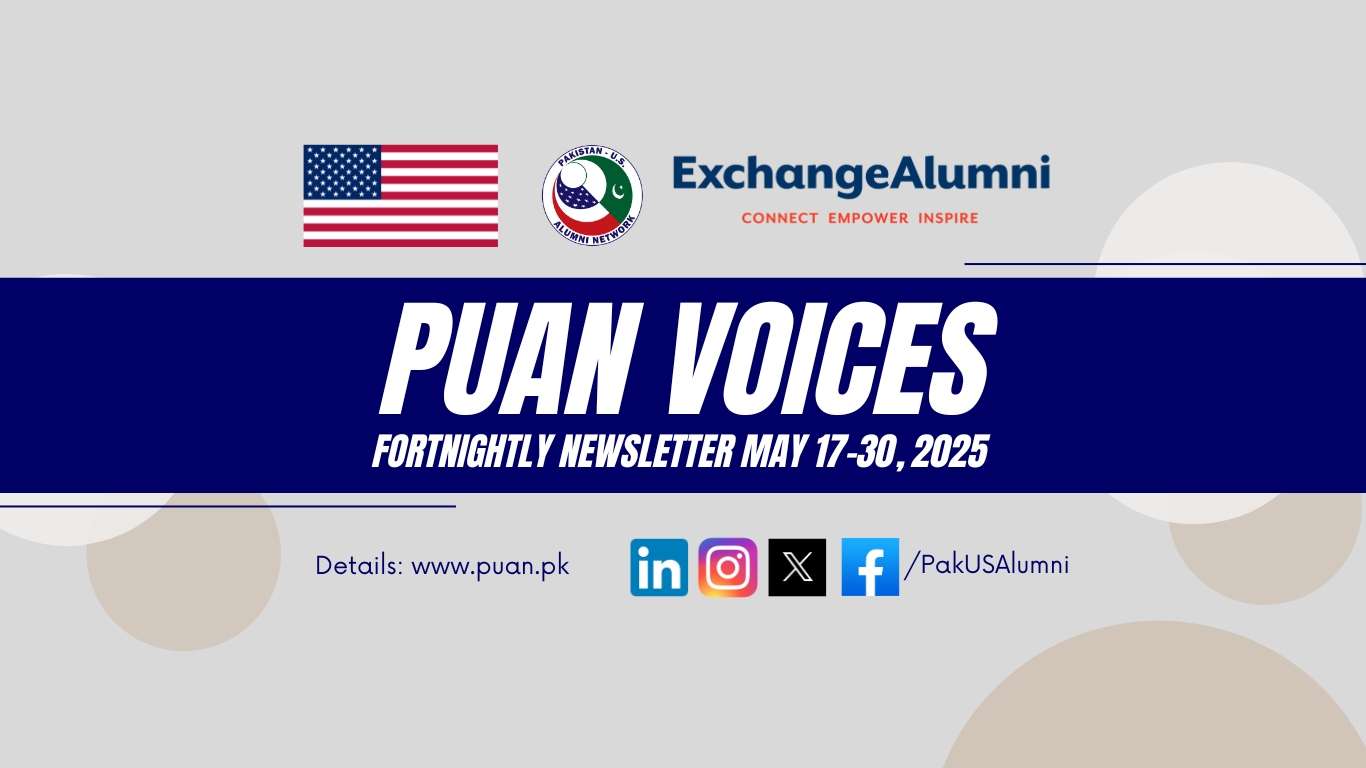By Rimsha Ali Shah
Four groups of girls sat huddled together in the classroom of K.M.A Girls School, Karachi discussing the storyline they would present to the class. The topic was “imagination” and the crossfire of creativity in the room was a perfect example of “thinking out of the box.” As the chatter to find the right twist and the perfect climax for their stories continued, the classroom next door argued over the merits and demerits of homework, while the third classroom was a frenzy participants shouting directions to guide their fellow team member to duplicate the sketch that she could not see. Leading this cyclone of leadership development workshops was the talented Hamza Yousaf, an alumnus of the Cultural Immersion Program 2013.
To Yousaf, the word “Cyclone” adequately represented the purpose and inspiration behind his small grant project. “Through this project, we wanted to stir up the energies of the participants and channel their disruptive energies in to leadership skills that would help them personally and professionally.” The project was made possible with the help of a $5,000 grant from the Pakistan-U.S. Alumni Network (PUAN). All alumni of various U.S. government-sponsored exchange programs in Pakistan are eligible to apply for the grant to enable them to give back to their communities.
The project engaged 80 female students from K.M.A Girls School aged 16 – 18 from February 13 – 28th, 2016. For four days, students attended four-hour sessions that touched on themes of public speaking, story-telling, stress management, confidence-building with the overall objective to make learning English an interactive process. Trainers were a mix of students of the ACCESS and Cultural Immersion Programs. One of the trainers, Farzana Muhammad Khurshid, an ACCESS alumna said, “At the Karachi English Teacher Training Conference held from August 31 – September 11, 2015 for capacity building of access alumni in designing English Language workshops, we were able to build our capacity as effective trainers. We learned how to formulate content for workshops and how to maintain participant interaction and engagement. In ‘Cyclone,’ we put what we learned to action.”
Interactive Workshops Spark Leadership Potential
One of the K.M.A. students, Mahnoor, waited patiently for her turn to share her one line in the tag-story activity. With 19 participants in the room, the twists were making the one-sentence addition process quite a challenge. However, for Mahnoor, it was a one-of-a-kind learning experience. “We have studied writing stories before, but the manner in which Ms. Afsana trained us on the art of story-telling was very helpful in getting us thinking [more] creatively and openly.”

Regarding the English language workshops, Afsana Alam, an ACCESS alumna said, “We wanted to truly empower the students in the art of communication. Usually English is taught in a way that does not quite spark the engagement of the student. Our workshops were designed to counter that by making our participants enjoy learning the English language.”
The workshop activity “Run, Read and Write” was one example of their pedagogic method put in to action. In this activity, one participant from each group ran to the front of the classroom read a text and then had 60 seconds to explain the text to her team. Anusha, a student of class 9 said, “The workshops have really helped me boost my confidence. I was afraid of failing, now I know it is just part of the struggle of succeeding in life.”
Farzaana, an alumnus of the ACCESS program commenting on the enthusiasm of the participants said, “We wanted to engage students that were not already enrolled in the ACCESS program so that we could help them build their leadership skills. Most of the girls were previously afraid of speaking in front of boys because of the segregated schooling, but now many of them have developed the confidence of public speaking.”
For Arooba Nadeem, a regular participant in school debates, the workshops helped correct many of her misconceptions associated with public speaking. “I used to focus more on vocabulary but I have learned now that simplicity supersedes.”
The project concluded with the same 80 girls now empowered with communication and leadership skills needed to excel in life.
To view photographs from the workshop, click here.





